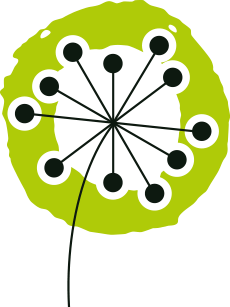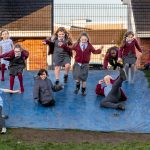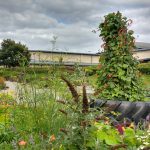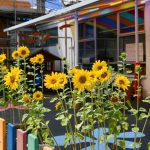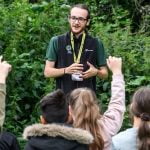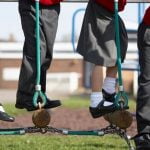Natural Nations: new surveys and next steps
When we first began our Natural Nations project in December 2019, we could never have predicted the pandemic disruption that lay ahead.
Funded by Erasmus+, Natural Nations is working with partners across the world: Naturskolan i Lund, Lunds Universitet, Birdlife Malta and Sociedad Espanola de Ornitologia SEO (Birdlife Spain). Together, we’re building on the successes of Learning through Landscapes’ 2015 Polli:Nation project as we develop resources to help schools from the countries involved to survey and better protect their local natural environments.
Of course, ever-changing COVID-19 restrictions across the four countries have brought challenges to delivering the project and to working internationally – we’re very thankful for video call meetings! But while Malta, Spain and the UK were still in lockdown during spring 2020, our Swedish friends were able to make significant progress with testing pilot biodiversity surveys in a selection of schools.
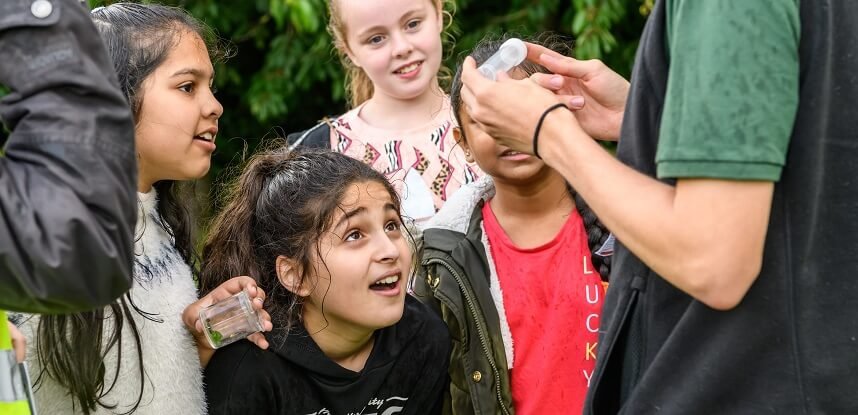 Over the course of autumn and winter 2020, the findings from these tests were then transferred into action at Lund University. Their Swedish partners examined the existing methodology in more detail and used their expertise to expand the original survey into four distinct categories: a survey for habitats and vegetation, another for bird populations, one for pollinators and flowering plants, and a final survey for minibeasts and leaves. A PhD student from the department has even developed an interactive website which will allow participating schools to input their survey data and to understand the results and possible links in real time.
Over the course of autumn and winter 2020, the findings from these tests were then transferred into action at Lund University. Their Swedish partners examined the existing methodology in more detail and used their expertise to expand the original survey into four distinct categories: a survey for habitats and vegetation, another for bird populations, one for pollinators and flowering plants, and a final survey for minibeasts and leaves. A PhD student from the department has even developed an interactive website which will allow participating schools to input their survey data and to understand the results and possible links in real time.
Since pandemic restrictions eased slightly in the UK this May and June, we’ve been testing these new and improved surveys in a small selection of Leicester schools: Sandfield Close Primary, Mayflower Primary and Marriott Primary. The pilot has been fruitful; children from Sandfield Close Primary have already successfully uploaded some of their survey data to the prototype website. The research continued in Sweden too: our Swedish partners were able to complete a second round of survey testing in half a dozen local schools. 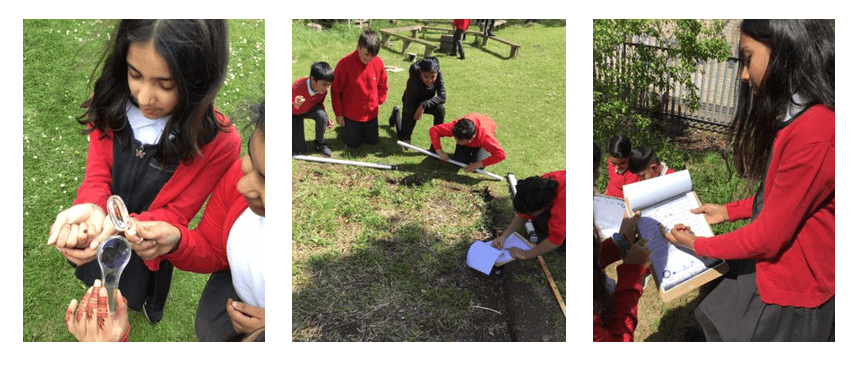 But, as well as our ongoing survey testing, we’re now moving onto another exciting element of the project: developing cultural heritage resources. Our Learning through Landscapes teammates have turned into detectives as they research links between key UK species – such as the earthworm, the magpie and the ladybird – and cultural heritage signifiers, such as songs, stories, myths and history, and even national cuisine. When combined with the cultural heritage aspects connected to native species in our partners’ countries, as well as the cultural heritage that we all have in common, this will build a reference point of how a nation’s natural environment can shape its wider culture. From this, we will create resources and frameworks which schools can use to undertake their own cultural heritage research.
But, as well as our ongoing survey testing, we’re now moving onto another exciting element of the project: developing cultural heritage resources. Our Learning through Landscapes teammates have turned into detectives as they research links between key UK species – such as the earthworm, the magpie and the ladybird – and cultural heritage signifiers, such as songs, stories, myths and history, and even national cuisine. When combined with the cultural heritage aspects connected to native species in our partners’ countries, as well as the cultural heritage that we all have in common, this will build a reference point of how a nation’s natural environment can shape its wider culture. From this, we will create resources and frameworks which schools can use to undertake their own cultural heritage research.
As part of our next steps, these resources – as well as others – will be available online as part of the new Natural Nations Goes Digital project. We’re excited to see how they’re going to evolve and develop! By creating a vast selection of educational resources to help schools in Sweden, Spain, Malta and the UK survey and understand their local natural environment, we hope that the work of Natural Nations will have an even greater impact on the countries involved.
Watch this space for updates on our cultural heritage work and Natural Nations Goes Digital, and find out more information about the project here.
